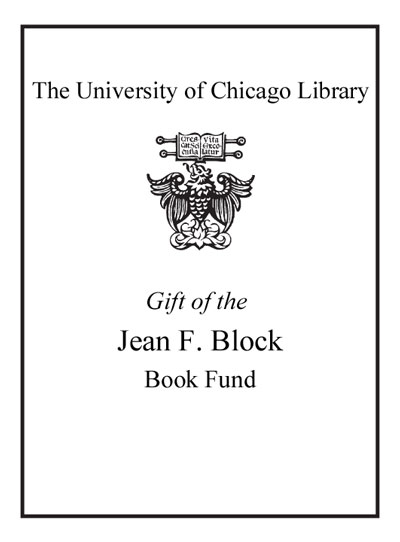Review by Choice Review
Christianity in Latin America and the Caribbean is the sixth in a projected ten-book series of Edinburgh Companions to Global Christianity. All ten serve as handbooks for the study of world Christianity, and this volume is one of the best. Half of the book consists of articles on individual nations, and these alone make the book worth its price. A second section focuses on six Christian traditions. Three of these groups--iindependents, Evangelicals, and Pentecostals--largely overlap, however, resulting in some redundancy. The final section is devoted to "key themes" ranging from theology to gender to martyrdom to migration. Each essay is thoughtful, but some are narrower than their titles suggest. For example, the piece on religious freedom focuses almost entirely on Uruguay. Christian population statistics from the World Christian Database are included in sidebars, but these do not always align with numbers in the text, which are usually lower. Despite these minor critiques, this volume, written almost entirely by Latin American scholars and leaning heavily on regional Spanish language scholarship, is clearly the best, most up-to-date published resource on contemporary Latin American Christianity. Summing Up: Highly recommended. Undergraduates through faculty; professionals; general readers. --Douglas Gordon Jacobsen, emeritus, Messiah University
Copyright American Library Association, used with permission.
Review by Choice Review

